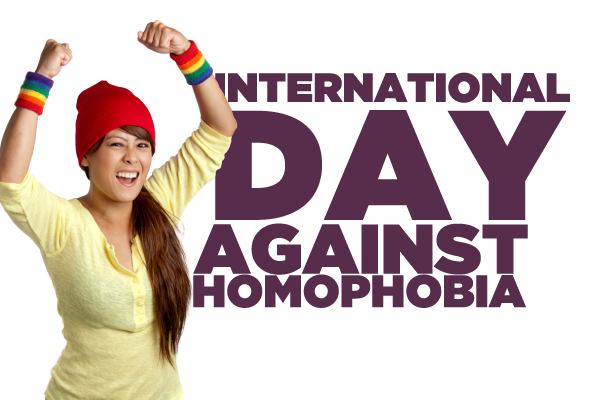
May 17 is the International Day Against Homophobia.
According to the most recent report of the International Lesbian, Gay, Bisexual, and Intersex Association, there are still 78 countries where homosexual acts are illegal. In Mauritania, Sudan, Iran, Saudi Arabia Yemen, as well as parts of Nigeria and Somalia, being gay is punishable by death.
But the report does remark on some good news; 2012 and 2013 have been great years for those who side with marriage equality. There are now 14 countries where same-sex partners can legally marry. The latest countries to legalize marriage between partners of the same sex include Argentina, Uruguay, France and New Zealand. The United Kingdom is expected to pass its same-sex marriage bill very soon (which would finally end the second-class ‘civil partnership’ nonsense).
Even south of the border, things are changing fast. Just yesterday, Minnesota became the 12th state to approve marriages between partners of the same sex.
But there’s still a long road ahead. This year, Fondation Émergence, a Montreal-based LGBT foundation, is trying to raise awareness about homophobia on social media.
If you want a disturbing look at just how common casual homophobia is on Twitter, you can head over to nohomophobes.com; a website designed by the University of Alberta’s Institute for Sexual Minority Studies and Services.
The website tracks the use of homophobic language on Twitter. Last week alone, the website tracked 361,405 instances of the word “faggot”, 80,131 instances of “so gay”, and 31,478 instances of “dyke”.
And although the site doesn’t track French homophobic language, our very unscientific research shows roughly one occurrence of the word “tapette” (the French equivalent to “faggot”) per minute.
“What we’re trying to do is focus attention like a laser beam and quantifies how common this experience is in our society,” said Dr. Kristopher Wells, a researcher at the Institute for Sexual Minority Studies and Services, in a video explaining the project.
Wells says the point is to ask people to break the silence – help them stop spreading the language of prejudice.
Have you ever encountered casual homophobic language in the workplace or among friends? What did you do? Share your story in the comments below!